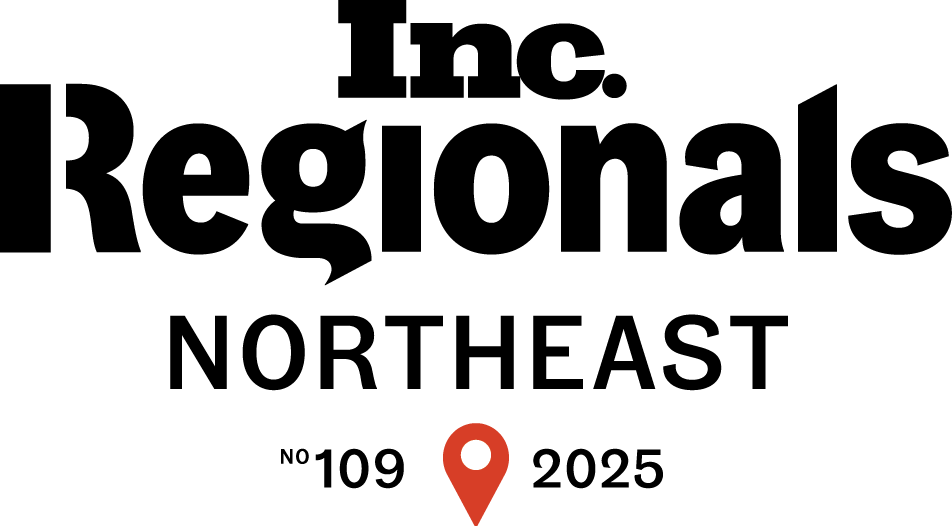US Energy Market Uncertainty in 2025: Key Factors and Considerations
Energy market uncertainty is making 2025 a challenging year for businesses managing procurement and costs. With new tariffs, policy changes, and funding freezes, organizations must rethink their energy strategies. This article explores the key factors driving uncertainty, what they mean for retail energy consumers, and how businesses can navigate this dynamic landscape.
Authored by Byron Blankenhorn | Renewable Program Director
There is an increasing amount of uncertainty in the US energy markets to start 2025, and it is creating a challenging environment for energy procurement and energy asset decision making for retail energy consumers.
What are some of the contributing factors to the current energy market uncertainty?
- The Executive branch of the US government is advising that the Department of Energy (DOE) stop funding new renewable energy projects and stop the distribution of grants allocated to current projects under the Inflation Reduction Act (IRA). These project types include renewable energy generation, battery demand response, and EV charging stations and vehicles. These funding constraints have the potential to reduce new future energy supply.
- The Executive branch of the US government is scheduled to implement import tariffs on energy imported from Canada. If tariffs on imported Canadian energy supply are implemented and maintained, these increased wholesale energy prices will be passed on to US retail energy consumers.
- Future leases on federal land and offshore wind farm locations are being terminated, and current leases are being revoked. Utility scale offshore wind farm projects are experiencing severe challenges in being built. New utility scale wind energy generation on the US eastern seaboard is experiencing reductions in energy output forecasts.
- The cumulative effect of these factors above will most likely lead to constraints on the supply side of the energy market, and increased pricing for retail energy consumers.
- The information regarding government energy policy, project funding, tax incentives, import tariffs, and capacity costs is changing almost daily. It is challenging to make confident procurement decisions for an organization in this dynamic environment.
What are key observations and considerations during this energy market uncertainty?
With the probability of energy supply (kWh) and capacity (kW) prices increasing, reducing retail energy consumption becomes even more valuable. Onsite renewable energy, demand response battery-generation assets, and facility level energy efficiency improvements are techniques that organizations can utilize to reduce the volume of energy purchased in the retail market. But while the avoided cost of energy becomes more valuable, the reduction in the availability of federal funding and incentives for these projects creates challenges in evaluating the return on investment (ROI) for projects.
In this environment of energy cost uncertainty, it is critical to evaluate energy options in an objective and unbiased manner utilizing the most current information. For example, in the absence of federal programs funding sustainability initiatives and asset deployment, how will the individual states respond and how will these new incentive programs be implemented? How do changing incentives affect the value and payback periods for new projects? In the short term, the financial analysis tools will need to be updated frequently and refreshed with the most current data. Well established project development markets have the strong potential to be rendered economically sub-optimal, while new market/technology options are likely to emerge as better energy investment options.
Proactive Energy Management Opportunity
From a more classic energy procurement perspective, there could be benefits to securing energy supply and locking prices with the market signals pointing to higher future prices. Active energy management could play an increased role in helping organizations avoid painful increases in energy spending and budget more effectively. Creative procurement structuring and timing can help reduce financial risks associated with energy costs. Dedicated energy market expertise becomes even more important when making decisions in uncertain energy environments.
References & Additional Resources
What do Canadian tariffs mean for your energy bills?
Executive Order to Stop Offshore Wind Leases
Trump freezes funding under Inflation Reduction Act and infrastructure law
Meet the Writer

Byron Blankenhorn
Renewable Program Director
Freedom Energy Logistics
Byron Blankenhorn is an experienced leader in the renewable energy and sustainability sector. As Renewable Program Director at Freedom Energy Logistics, he brings extensive expertise in renewable project development, carbon markets, and clean energy procurement. Byron works closely with clients to develop strategies that support their sustainability goals and advance renewable energy initiatives.







Connect With Us